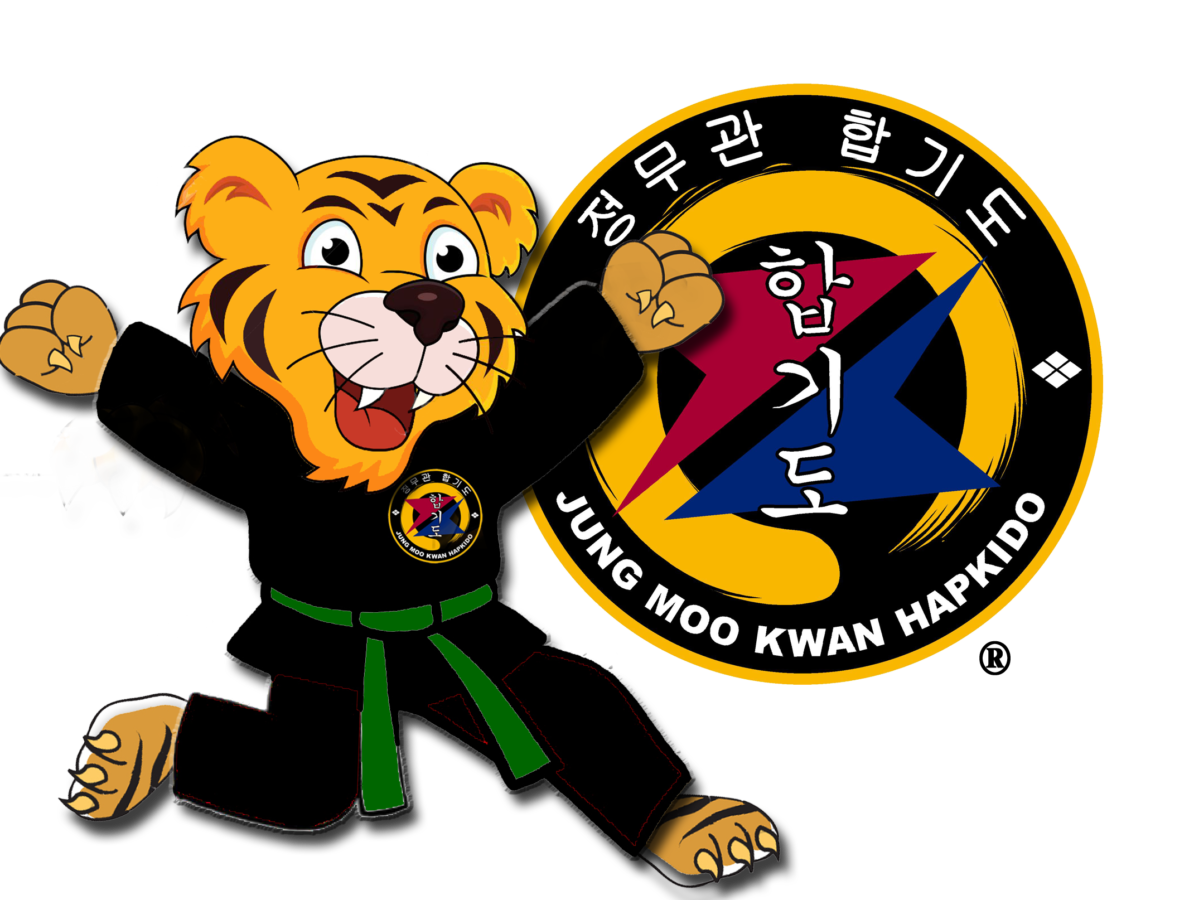WE TEACH REAL VALUES - WE CULTIVATE CHARACTER

Jung Martial Arts Kids Program will build your child’s Confidence, Self Esteem, and Discipline.
HAPKIDO will remove the “I Can’t” from your Child’s vocabulary and replace it with “I CAN”.
Jung Martial Arts Family Center’s Kids Martial Arts program will teach your child how to set goals and work to achieve them. As they learn a new movement concept and begin to understand it and become proficient at it, their confidence builds. As they begin to learn a new technique that is just a little more advanced, the confidence gained from the previous feeling of success gives them the determination to try even harder. As confidence builds, so does the child’s feeling of self-worth increasing their self-esteem. As self-esteem increases changes in behavior also occur. They enjoy the constant encouragement and praise given by instructors during lessons. As a result, they strive to please their parents and instructors to further bolster that feeling of self-worth.
Kids (Age 5-7) Tiny Tigers
The Tiger has been symbolic in Martial Arts for centuries. When a Tiger is a young Cub it spends much of its time wrestling and frolicking with its siblings under the watchful eye of its Mother. While the young Cub is having fun exploring and experiencing the wonders of nature, it is really learning skills that will enable it to survive on its own in the wild. The Cub only knows that it is having a good time.
Children think only of learning to kick, punch and throw, but just like that Tiny Tiger Cub, they are learning. They are learning to have patience, fortitude and all the same values that you to instill in them as a responsible parent. Honesty, Integrity, Loyalty and Humility.
Children in the Tiny Tiger age group are extremely active and curious. They are prone to bursts of energy and are eager to learn. They are very flexible and resilient both physically and mentally. Additionally they are searching for limits on behaviors and thrive on encouragement and praise. Growth, physically and mentally, is an ongoing process and children differ in every stage of their growth. Jung Martial Arts Tiny Tiger curriculum is an internationally recognized program that meets the needs of all children. It is both progressive and developmental. Every activity is geared toward building coordination through motor skill development, building self-confidence, self-discipline and respect for themselves and others.
Discipline is gained through consistent enforcement of clearly defined rules of behavior. More emphasis is placed on effort and cooperation than results. Aggression is dispersed as they participate in training activities that help them form a solid foundation on which to build more complex techniques and knowledge as they grow.
Kids (Age 8-12)
Participating in healthy, vigorous physical activity helps combats the dangerous trend of childhood obesity for Children and Pre-Teens and the resulting diseases like diabetes and high blood pressure. Regular sports such as baseball, soccer, football and basketball may provide some relief on a seasonal basis however Martial arts, on the other hand, is a year-round, healthy fitness commitment which provides a full-body workout, strength, flexibility and muscle building exercises to keep Pre-Teens healthy and prepared to succeed in school and at home. Organized sports are competitive by nature and the focus is always on being better than someone else. In Martial Arts the focus is on being a better YOU! The person you see in the mirror is the toughest opponent you will ever face. Our Kids Martial Arts / HAPKIDO program will remove the “I Can’t” from your Child’s vocabulary and replace it with “I CAN”.




